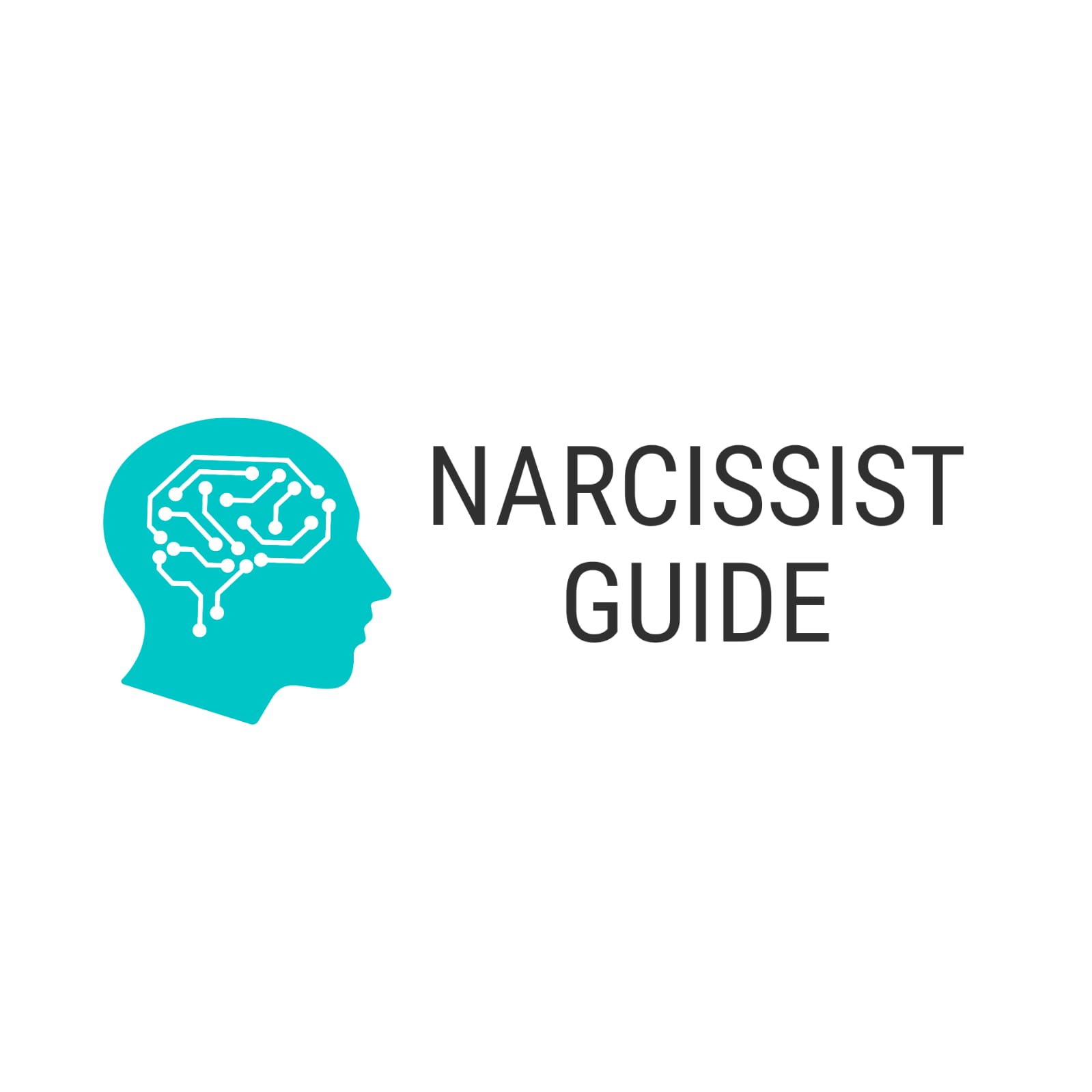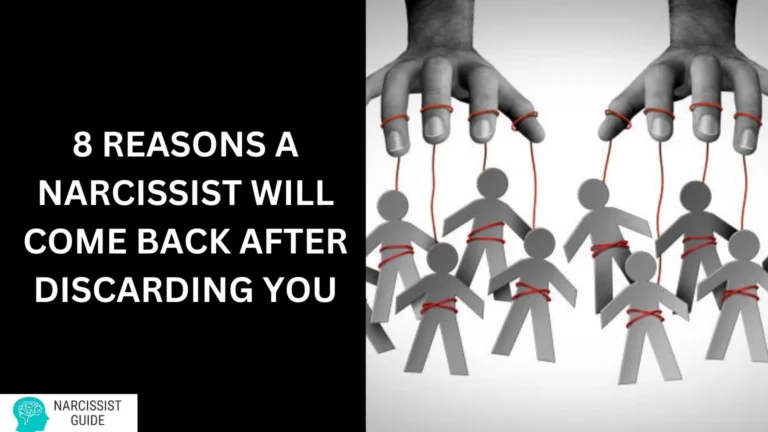7 Best Warning Signs of a Covert Narcissist Husband
Navigating a relationship can be challenging, especially when it involves a partner who may exhibit narcissistic traits. A covert narcissist husband can be particularly difficult to identify, as their behaviors may be subtle and disguised.
In this article, we’ll explore the warning signs of a covert narcissist husband, how to recognize them, and steps to take if you find yourself in such a relationship.

What is a Covert Narcissist?
Before diving into the warning signs, it’s essential to understand what a covert narcissist is. Unlike overt narcissists who are flamboyant and attention-seeking, covert narcissists often display a more reserved and introverted demeanor.
They may appear shy or insecure but can still exhibit manipulative behaviors aimed at controlling their partner’s emotions and perceptions.
Warning Signs of a Covert Narcissist Husband
Recognizing a covert narcissist husband can be tricky, as they often mask their true nature. Here are some common warning signs to look out for:
1. Lack of Empathy
One of the most significant traits of a covert narcissist is a profound lack of empathy. Your husband may seem indifferent to your feelings or needs, failing to provide support when you need it most. This lack of understanding can lead to feelings of isolation and frustration in the relationship.
2. Passive-Aggressive Behavior
Covert narcissists often express their discontent through passive-aggressive actions rather than direct confrontation. This behavior can manifest as sarcasm, backhanded compliments, or sulking, leaving you feeling confused and unsettled.
3. Victim Mentality
A covert narcissist frequently portrays themselves as a victim. They may blame others for their problems or emphasize their suffering to gain sympathy and attention. This tactic can manipulate your emotions, making you feel responsible for their unhappiness.
4. Gaslighting
Gaslighting is a common tactic used by covert narcissists to make their partners doubt their reality. They might twist the truth or deny previous conversations, leading you to question your memory and perception. This behavior can create a toxic environment, filled with confusion and self-doubt.
5. Need for Control
A covert narcissist often has an overwhelming need to control their partner. This control can be subtle, such as dictating how you spend your time or who you associate with. Over time, this can erode your independence and self-esteem.
6. Emotional Manipulation
Emotional manipulation is a hallmark of covert narcissism. Your husband may use guilt, shame, or emotional blackmail to get his way. You might find yourself constantly trying to appease him, sacrificing your own needs in the process.
7. Conditional Love
If your husband’s affection feels conditional, it might be a sign of covert narcissism. He may shower you with love and attention when things go his way but withdraw affection when you assert your needs or boundaries.
How to Cope with a Covert Narcissist Husband?

Recognizing the signs is the first step in addressing the situation. Here are some strategies to help you cope:
1. Set Boundaries
Establish clear boundaries in your relationship. Communicate your needs and ensure that your husband understands the behaviors that are unacceptable. This can help protect your emotional well-being.
2. Seek Support
Talking to friends, family, or a therapist can provide valuable insights and support. Sharing your experiences with someone who understands can help you gain perspective and build confidence in your decisions.
3. Educate Yourself
Understanding narcissism and its traits can empower you to navigate your relationship more effectively. Reading books, attending workshops, or joining support groups can offer useful strategies for coping.
4. Prioritize Self-Care
Make self-care a priority. Engage in activities that nurture your mental and emotional health. Whether it’s exercise, meditation, or pursuing hobbies, taking care of yourself is crucial.
5. Consider Professional Help
If the relationship feels increasingly toxic, seeking professional help may be necessary. A therapist can help you explore your feelings and provide guidance on how to proceed.
People also ask
How does a covert narcissist treat her husband?
A covert narcissist often treats her husband in the following ways:
Lack of Empathy: She shows little concern for his feelings, focusing mainly on her own needs.
Passive-Aggressive Behavior: Instead of direct communication, she expresses frustration through sarcasm and sulking.
Victim Mentality: She positions herself as a victim, shifting blame onto him to gain sympathy.
Emotional Manipulation: She uses guilt or emotional blackmail to control him and his decisions.
Conditional Love: Her affection is often tied to his compliance with her desires, leaving him feeling insecure.
How to tell if your husband is a covert narcissist?
To determine if your husband is a covert narcissist, look for the following signs:
Lack of Empathy: He often dismisses your feelings or needs, showing little understanding or concern.
Passive-Aggressive Behavior: Instead of communicating openly, he uses sarcasm or sulking to express discontent.
Victim Mentality: He frequently portrays himself as a victim, blaming others for his problems.
Emotional Manipulation: He uses guilt or emotional pressure to get his way or control situations.
Conditional Affection: His love and attention feel dependent on your compliance with his wishes.
Gaslighting: He may twist the truth or deny conversations, making you doubt your perceptions and memories.
What can be mistaken for covert narcissism?
Covert narcissism can sometimes be mistaken for the following traits or conditions:
Introversion: Quiet or reserved individuals may be misidentified as covert narcissists when they simply prefer solitude.
Low Self-Esteem: Those struggling with self-worth may display similar behaviors, such as seeking validation or feeling victimized, without being narcissistic.
Depression: Symptoms like withdrawal, pessimism, and emotional detachment can mimic covert narcissistic traits, but stem from mental health issues.
Social Anxiety: Individuals with social anxiety might exhibit shyness and avoidance, leading to misinterpretation as narcissistic behavior.
Perfectionism: Perfectionists may exhibit high standards and sensitivity to criticism, resembling the self-centered tendencies of covert narcissism.
How does a covert narcissist act when confronted?
When confronted, a covert narcissist may exhibit the following behaviors:
Defensiveness: They often become defensive, refusing to accept responsibility and instead deflecting blame onto others.
Victimhood: They may portray themselves as the victim, claiming they’re being unfairly attacked or misunderstood.
Silent Treatment: Instead of engaging in a constructive conversation, they might withdraw and give the silent treatment to punish or manipulate.
Gaslighting: They may deny or distort the reality of the situation, making you question your perceptions and feelings.
Rage or Melancholy: Depending on their mood, they might respond with passive-aggressive comments, sulking, or even rage when their behavior is challenged.
Conclusion
Recognizing the warning signs of a covert narcissist husband is crucial for your emotional health. By being aware of these traits and implementing coping strategies, you can navigate the challenges of your relationship more effectively.
Remember, you deserve to be in a relationship where your feelings and needs are respected. If you find that your husband’s behavior is negatively impacting your well-being, don’t hesitate to seek support and consider your options.

I’m Dr. James, and I’m glad you’re here. With years of experience in understanding and addressing the complexities of narcissistic behavior, I’ve dedicated my career to helping individuals navigate the challenging dynamics that come with narcissism, whether it’s in personal relationships, workplaces, or family settings.






